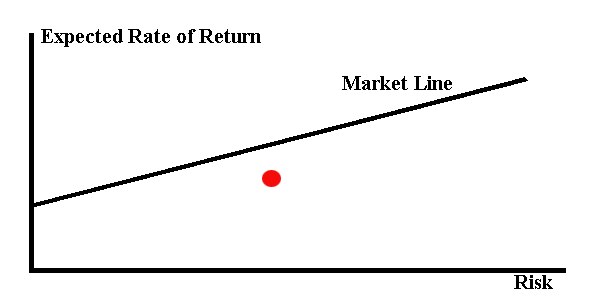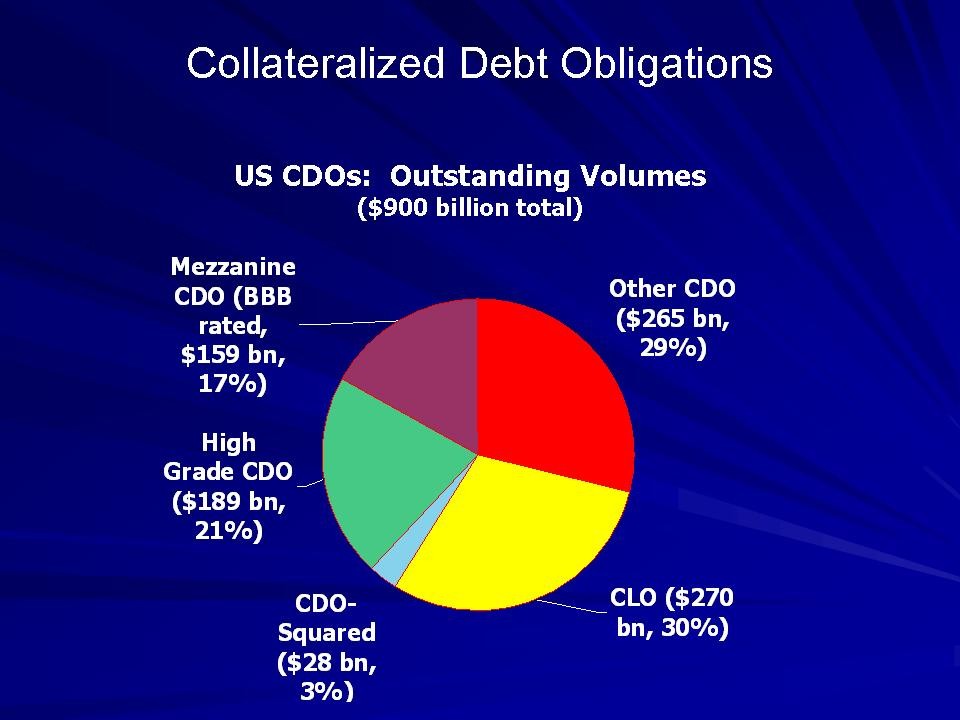Discover It Relationship between CDS and subprime mortgage market woes
Post on: 16 Март, 2015 No Comment

Friday, August 03, 2007
Relationship between CDS and sub-prime mortgage market woes
Take a look at what I was asked in the shout-box:
2 Aug 07, 16:37
deepak: sir. can you state the relationship between cds (credit default swap) rates and subprime mkt (mortgage backed security) which are hiking now a days in europe and U.S due to subprime loan breakout.
I am very happy to see a question like this being asked on our blog. It gives me great satisfaction that my readers are coming of age and are asking me questions which normally are expected of experts in the relevant field. Usually I come across such questions in specialized fora or symposiums held by specialists of the relevant area. Lets be happy that we are all evolving into specialists in our own way. Here we go.
But before I explore the actual link between the two, lets take a quick recap (for the benefit of the still uninitiated) of the terms CDS and subprime mortage loans.
US sub-prime mortgage market
During the housing boom of the last five years, people with bad credit histories, many of who lied about their income and nature of employment, got mortgage loans they werent qualified for to buy homes they couldnt afford. The problem can be gauged from the fact that a woman who was living on social security benefit of $1800 per month was given a loan of $9 million!!
The home prices have now stopped rising. So the house cant be refinanced or sold at a profit. As long as the home prices rose, there is no problem in repayment. Rents rule usually high or you can always resell or transfer the burden of mortgage payments to an interested buyer. At least it helped in postponing a problem, than offering any fundamental strength to the mortgage transaction.
This leads to repayment default. With this, the US mortgage market will take a severe hit. So, any bank or investment fund having exposure to this sub-prime mortgage market is bound to lose money.

Credit Default Swap
A CDS is an agreement between a protection buyer (the bank that has given the credit) and a protection seller (a bigger bank that bets that payment will be received by the protection buyer) whereby the buyer pays a periodic fee in return for a contingent payment by the seller upon a credit event (such as a certain default) happening in the reference entity (this is from where money is to be received by the protection buyer). A CDS is often used like an insurance policy, or hedge for the holder of a corporate bond.
The relationship
Now, by the very nature of the CDS, its rates will go up when the likelihood of default increases. So all the investment banks that are likely to take a hit because of their exposure to the sub-prime mortgage market of the US. will see their credit default swaps impacted negatively. That is, when they want to insure their exposure to the sub-prime mortgage market with other bigger banks, the latter will surely charge a higher premium than what they have been hitherto charging. In other words, the cost of insuring against defaults will go up for the banks which have exposure to the sub-prime mortgage market.
So when you see a news item like Sub-prime mortgage exposure pulls up Bear Sterns CDS or something similar, what it means is that the credit default swaps that Bear Sterns would like to have with any other bank will become costly. Bear Sterns have to pay a hefty premium to the other bank to swap the credit default.














